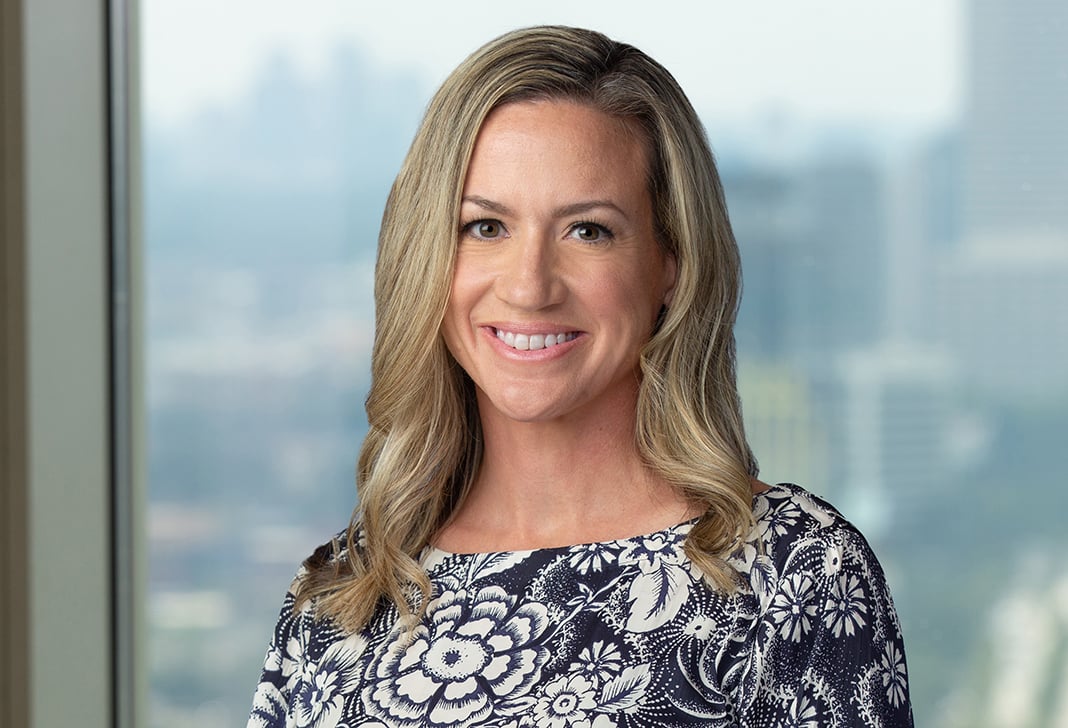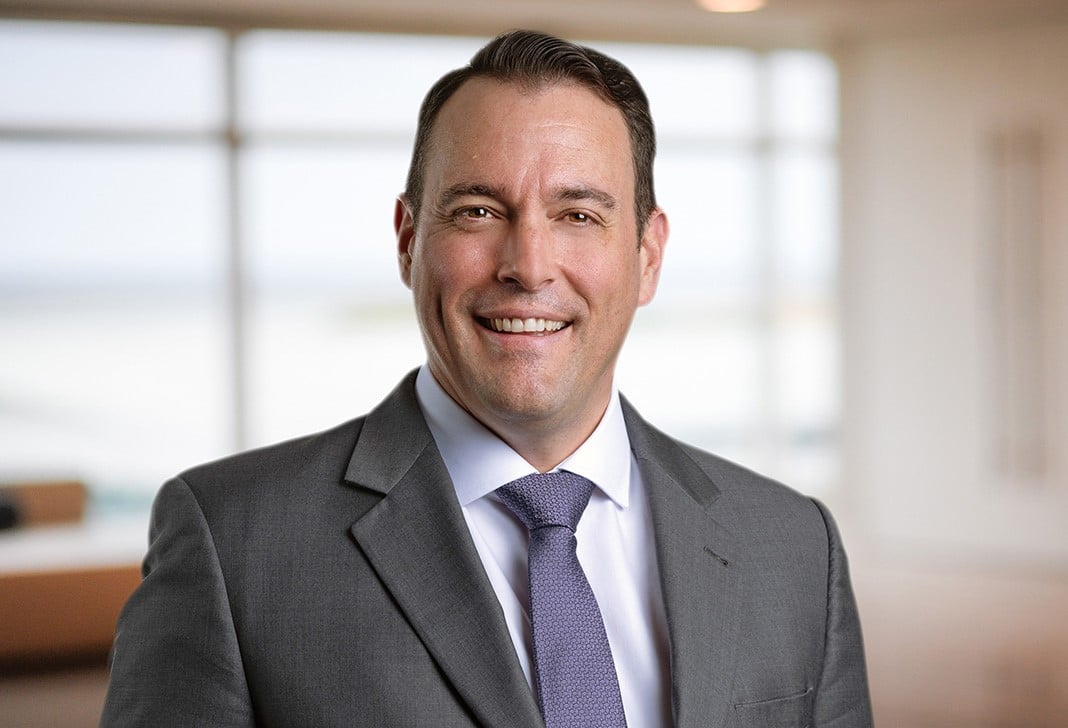
Win or Lose: Appellants of PTO Decisions in District Court Must Pay Attorneys' Fees
On June 23, 2017, the Federal Circuit held in NantKwest v. Matal that patent applicants seeking review of a decision from the United States Patent and Trademark Office ("PTO") to the district court must pay the PTO's legal bill regardless of the outcome of the district court case.
There are two ways to appeal an adverse PTO decision: directly to the Federal Circuit or by a de novo proceeding in the district court in the Eastern District of Virginia. Although both the Patent Act and Lanham Act require appellants to pay "all expenses of the proceeding" in the district court, these provisions historically were interpreted as covering only certain fees like expert fees or travel costs. In 2015, in Shammas v. Focarino, the Fourth Circuit interpreted the Lanham Act's "all expenses" provision as including the PTO's attorneys' fees and affirmed a fee award to the PTO against an ex parte trademark applicant.
In NantKwest, the patent applicant sought review of the PTO's denial of its cancer drug patent to the Eastern District of Virginia. In connection with a ruling granting summary judgment for the PTO, the district court declined to award the attorneys' fees sought by the PTO.
The Federal Circuit reversed, holding that when Congress used the phrase "all expenses," it meant to include attorneys' fees. The Federal Circuit explained that such a construction was mandated by the statutory language and does not run afoul of the American rule, by which each side pays its own attorneys' fees in litigation.
NantKwest has significant implications for both trademark and patent applicants. Specifically, if an applicant must pay the PTO's attorneys' fees—win or lose—such a consequence may significantly reduce the desirability of de novo proceedings in a district court, as appeals directly to the Federal Circuit do not require appellants to pay PTO attorneys' fees. Also, a de novo proceeding in district court allows for introduction of additional evidence that was not submitted to the PTO, and whether NantKwest affects the quantum of evidence submitted to the PTO remains to be seen.
At a minimum, given that a de novo proceeding at the district court now requires paying the PTO's attorneys' fees, NantKwest will be a factor in determining where to appeal an unfavorable decision from the PTO.
Lawyer Contacts
For further information, please contact your principal Firm representative or one of the lawyers listed below. General email messages may be sent using our "Contact Us" form, which can be found at www.jonesday.com/contactus/.
Meredith M. Wilkes
Cleveland
+1.216.586.7231
mwilkes@jonesday.com
Anna E. Raimer
Houston
+1.832.239.3786
aeraimer@jonesday.com
John C. Evans
Cleveland
+1.216.586.7126
jcevans@jonesday.com
Hali H. Cole
Atlanta
+1.404.581.8890
hcole@jonesday.com
Jones Day publications should not be construed as legal advice on any specific facts or circumstances. The contents are intended for general information purposes only and may not be quoted or referred to in any other publication or proceeding without the prior written consent of the Firm, to be given or withheld at our discretion. To request reprint permission for any of our publications, please use our "Contact Us" form, which can be found on our web site at www.jonesday.com. The mailing of this publication is not intended to create, and receipt of it does not constitute, an attorney-client relationship. The views set forth herein are the personal views of the authors and do not necessarily reflect those of the Firm.




